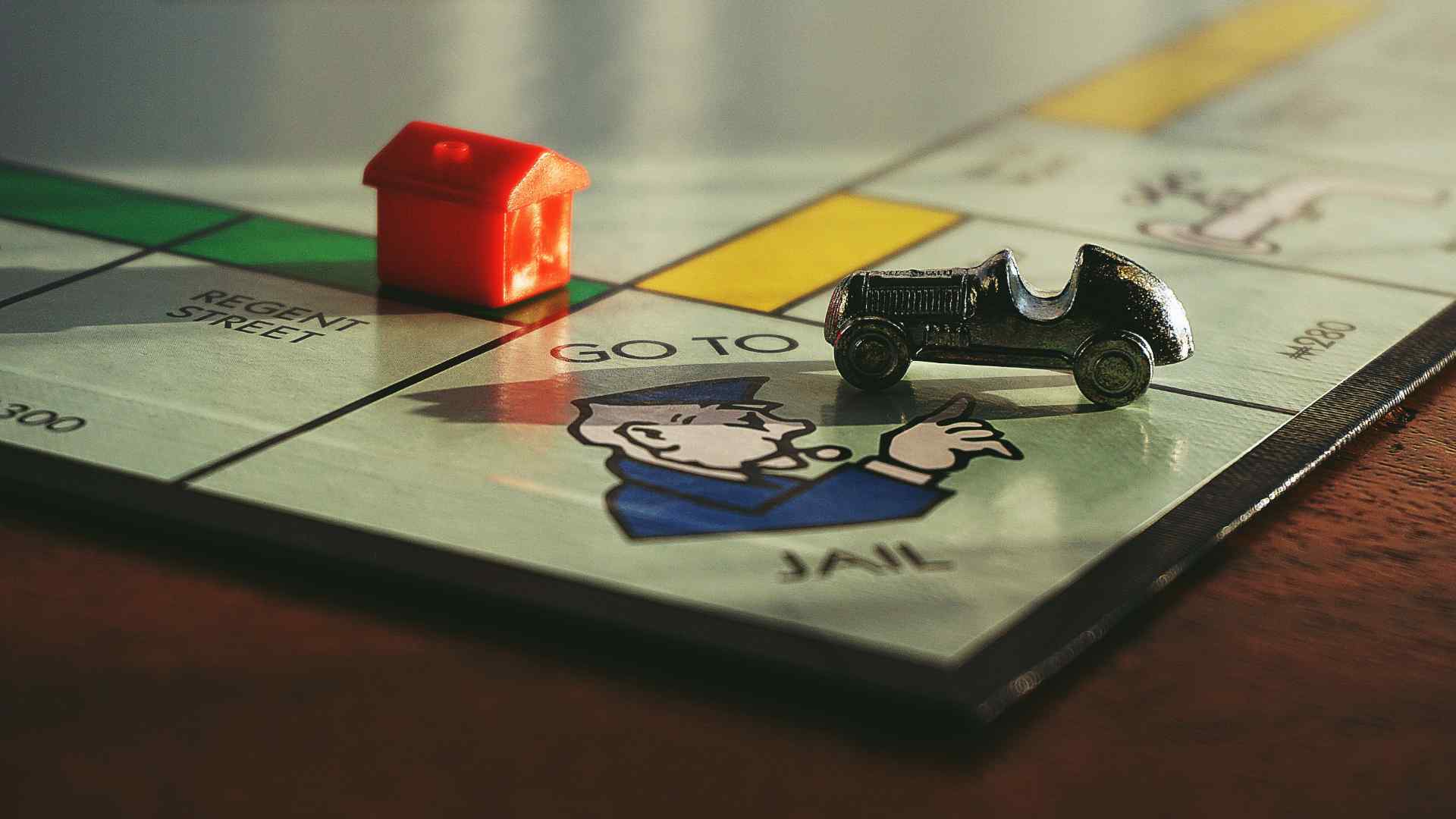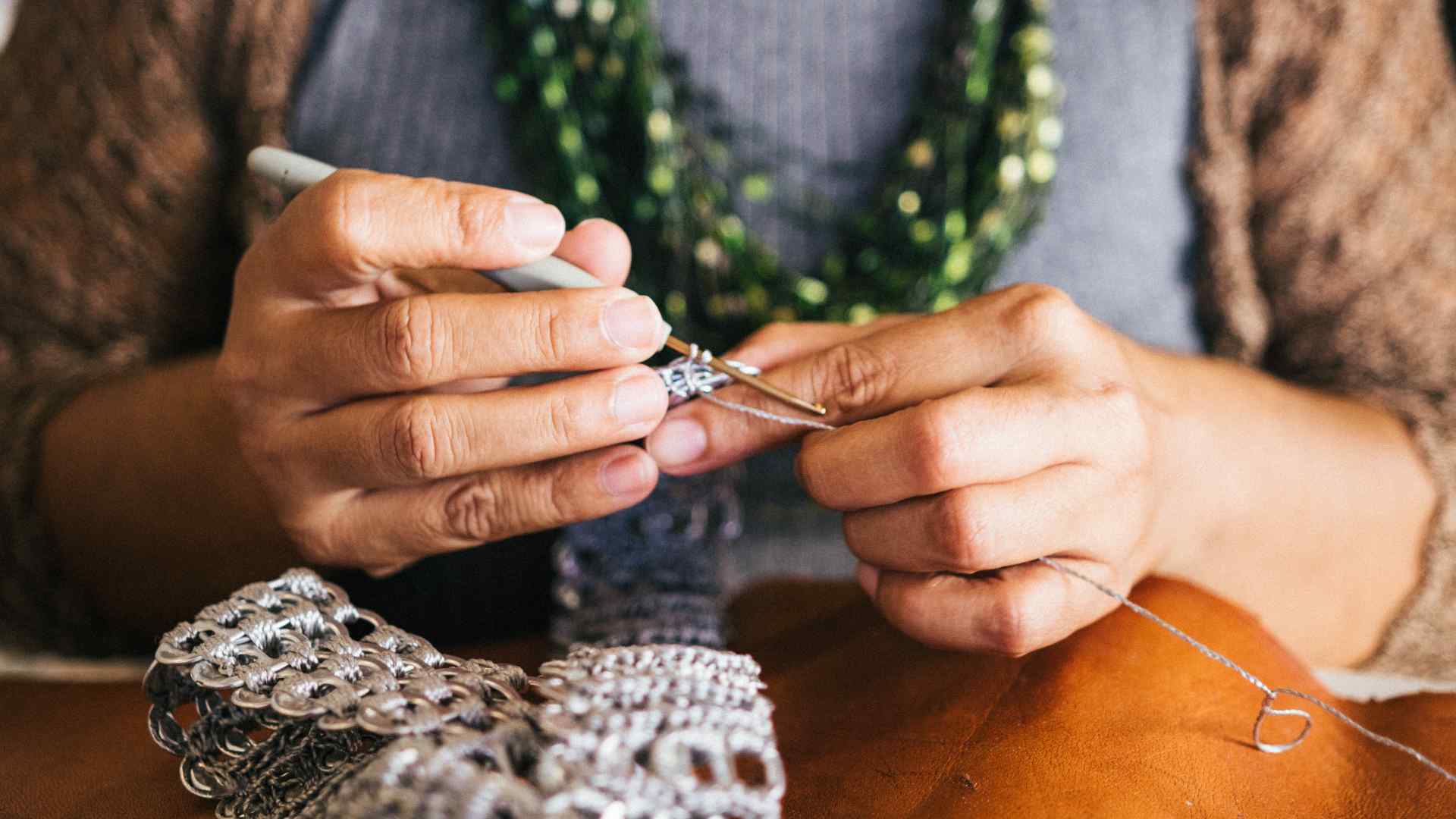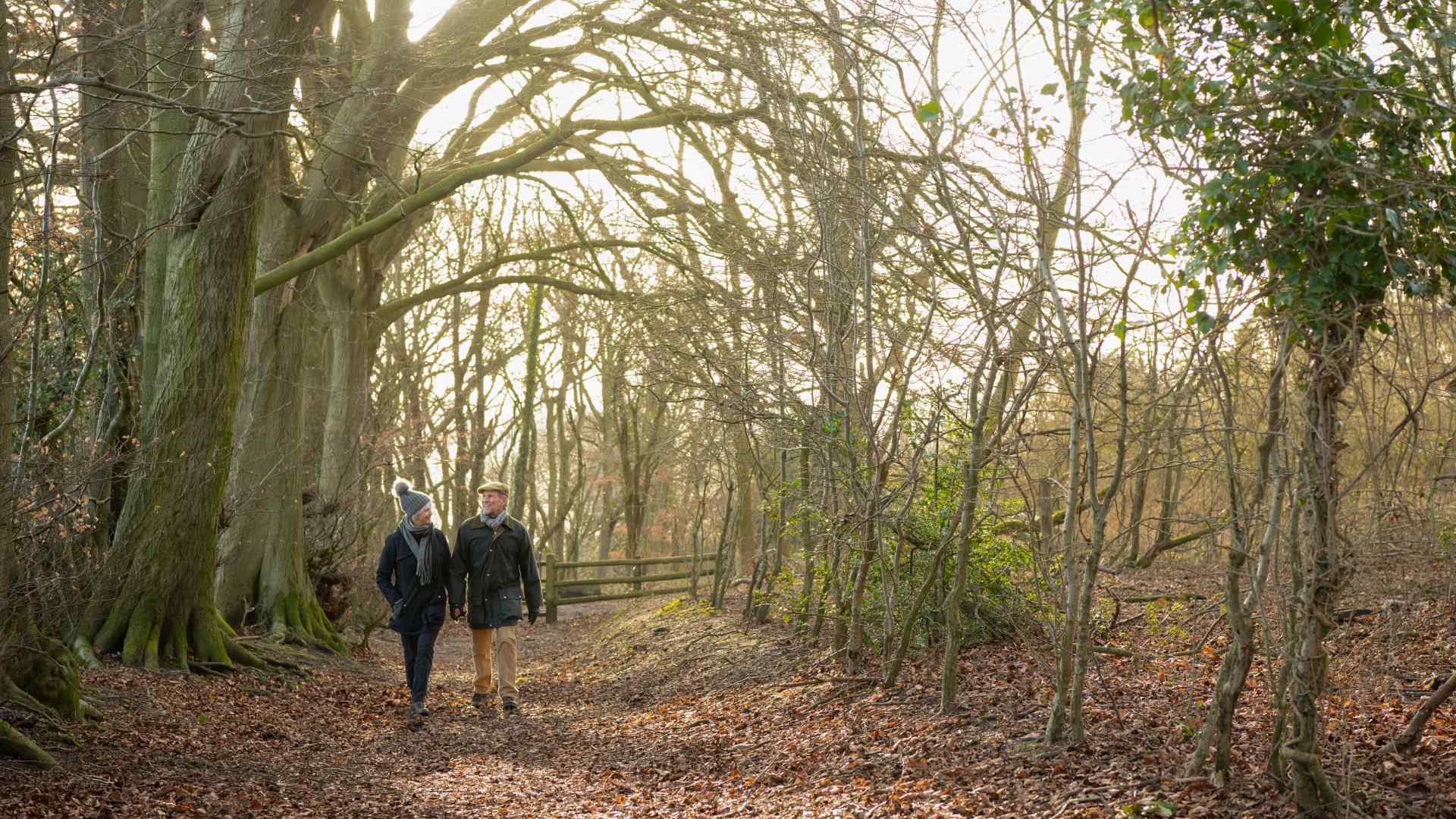


Whether you retire in your 60s, 70s or later, you want to be able to enjoy your retirement and keep yourself healthy, both physically and mentally. Interesting and satisfying hobbies can help make your retirement rewarding – but you might not want to spend a fortune on your hobby.
With this in mind, we’ve put together a few ideas for low cost or free hobbies that might make your retirement even more enjoyable – and may help you build a new social circle.
Set aside an afternoon or evening to play board games with friends or family – this is a fun, inexpensive hobby.
What’s more, research shows that playing games – particularly board games and card games – can be enormously beneficial, helping maintain cognitive function, mental clarity and memory retention. Games also improve social skills and interpersonal relationships, creating a space where people can come together, communicate and enjoy each other’s company. If you’re a resident of a retirement development with a communal lounge, this could be the perfect place to get together with other residents. You can find second hand boardgames online or in local charity shops or you can dig out games that you’ve had tucked away in the attic for years.
Games that are particularly suited to those of us who are retired include Monopoly, Trivial Pursuit, Backgammon, Dominoes, Mah Jong, but some of our three favourites are listed below:
This is a classic, and a favourite with many families since 1938 which uses chance and skill in the same game.
It contributes to brain development and memory retention and improves vocabulary and strategic thinking.
This is a game with its roots in the Indian strategy game of ‘Chaturanga’ which originated before the 7th century.
Chess stimulates and engages the brain, and improves logical reasoning and problem-solving skills. It has been proven to lower the risk of age-related cognitive illnesses like dementia.
This is a game with covered dice featuring letter. The covered dice are shaken and when they’ve settled, the players take the top letter of each cube and see how many words can be formed in a set time.
The words can be made from the letters that appear horizontally, vertically and diagonally. Words should be at least three letters long and the same letter cube cannot be used more than once per word. Words are scored by the number of letters.
The game rules are easy to learn and understand and it’s a great game for those who like words.
Over recent years, there’s been a resurgence of interest in knitting and hand-knitted garments.
If you don’t have any family and friends to knit for, there are plenty of charities and children’s hospices who are grateful for knitted goods. All you need is needles and wool – and often you can find unwanted needles and wool in charity shops, you could unravel an old and unwanted woollen item – and many of the less expensive shops stock wool these days.
If you have never knitted, there are lots of ‘how to knit’ videos online. If you are an accomplished knitter, ideas for charities looking for knitters are listed in an article in Prima magazine.
Knitting and natter groups exist all over the country, where you can knit in company, enjoying a chat and a coffee whilst doing so. In Oxfordshire, there are knitting and natter groups in Thame and Wheatley for example, but if there isn’t a local group you could start your own and, if you need a bit of guidance, you can find out more here.
Whilst learning a language in a structured lesson can be more costly, there are plenty of options to learn a language for free or at a very low cost.
• Join the U3A – check if your local group offers languages. To join any group you will need to be a member and membership costs vary according to the group but are often around £20 a year. Take a look at our blog entitled ‘Guide to the University of The Third Age’ which features on the ‘advice’ section of our website blogs.
• YouTube has plenty of language teaching videos as well as potential learning material including songs, movies with or without subtitles and individual lessons on certain grammatical points.
• Websites offering e-learning language courses are becoming popular and there are many free language learning websites for learners of all levels of fluency. Some require paid subscriptions but many are free.
• Apps help you learn the language and if you practise on a daily basis and work through the levels, you will soon become more confident. There are some totally free apps but lots have premium add-ons if you have a low budget. Duolingo is a free app for learning languages and more than 40 languages are on offer including French, Spanish, Italian and the Eastern European languages.
There’s a book in all of us, as the saying goes – and retirement is a good time to let the book out. It may be that you have a great idea for a story or that you have had a fascinating life or an incredible experience that you could write about.
You might be drawn to poetry rather than narrative fiction or non-fiction – or even writing plays. You don’t need much to start writing but it’s best to learn something about structure, narrative thread and, of course, character development if you are considering fiction.
There are writing groups in many towns and these generally have a leader who manages each session. Members bring along a piece of their writing – could be part of a chapter they are working on, a poem or a piece of prose to read aloud and the other members give positive, helpful criticism to help each writer improve their work. This is a great learning experience and a social occasion – and you get to hear lots of different types of writing but it’s not for everyone.
You can also write just for yourself. Once again, there are plenty of websites that provide information on getting started and online courses, some of which are free of charge. Writing can be cathartic but beware – it can be addictive!
Upcycling is gaining in popularity and can be a fantastic hobby for retirees. Upcycling is giving anything a new lease of life – from unwanted clothing to repainting a coffee table or restoring chairs.
One fabulous way of upcycling is creating a patchwork quilt from old scraps of material and clothing.
There are some useful videos online on how to create patchwork quilts and you’ll find lots of books on patchwork quilting on amazon. On YouTube there’s an American company called Sew Hungry Hippo that has an easy quilting tutorial.
Create illuminated decorative bottles using attractive shaped glass bottles of all types – gin and whisky bottles are particularly good as well as clear glass wine bottles.
You can wind string round the bottle neck, use paints to decorate the bottle or just choose an attractive shaped bottle or one with a distinctive label. There’s a YouTube guide on ‘Glass Bottle Painting/How to Use Glass Colours on Bottle.’
You can buy the lights to put inside from amazon or some craft stores and they start from as little as £4. Light bottles make lovely presents for Christmas, birthday or other special occasions.
If you’re interested in upcycling furniture, your own or items belonging to friends or family or found in charity shops or junk yards, there’s an excellent House Beautiful Guide to Upcycling online too.
Ideas include not just vintage furniture but also old ladders as display shelves and old washing machine drums as outdoor planters.
Birds can be seen almost anywhere – in your garden, local parks and woodland, on the coast and in nature reserves - and you don’t need any special equipment.
The RSPB has an excellent website which provides a guide on getting started.
There are details on the birdwatchers’ code, on what to look for, how to distinguish between similar species and advice for disabled birdwatchers.
Astronomy is a fascinating hobby – and there are plenty of opportunities to learn more about the stars and planets.
You may have to make a small investment in a set of binoculars or quality telescope – although you could add that to your Christmas list or ask friends and family to contribute for your birthday or retirement gift. Once you have your basic equipment, you can spend plenty of time star gazing.
You can gain an idea of what you might need to get started with astronomy here. There are some ‘crash courses on astronomy for beginners’ on YouTube and plenty of books in local libraries to get you started.
Walking is one of the best ways to keep fit in retirement, to explore your surroundings, get close to nature and take in some beautiful views.
It’s also an inexpensive hobby. There’s a whole range of walking groups in every area.
Take a look at our Beechcroft blog on the benefits walking can have on your mental and physical health.
There’s a whole range of ways in which you could volunteer including the following:
For some ideas of how to volunteer, take a look at the website here, and for ideas on where to volunteer, visit this website.
If you were ever interested in drama or just fancied the idea of taking to the stage, retirement is an ideal time.
Join an amateur theatre group and start performing – or, if you’re not keen on the idea of being centre stage, offer your services to help with creating scenery, making costumes, helping with promotions or even selling programs. You’ll find new friends of all ages.
For ideas for the best free things to do in your area, take a look at some of the following websites:
With 40 years’ experience in the creation of award-winning retirement properties designed for the over 55s, find your dream new home.
Find your perfect retirement property29 May 2025
There are at least 12 different terms to describe retirement housing including extra care housing, housing with care, independent…
Read more9 May 2025
If you enjoy travelling within the UK, there are plenty of financial benefits related to retirement. It’s easy to leave the car…
Read more7 April 2025
From beautiful landscapes to excellent transport links, Kent offers the best of both worlds - convenience and charm - along with…
Read more




